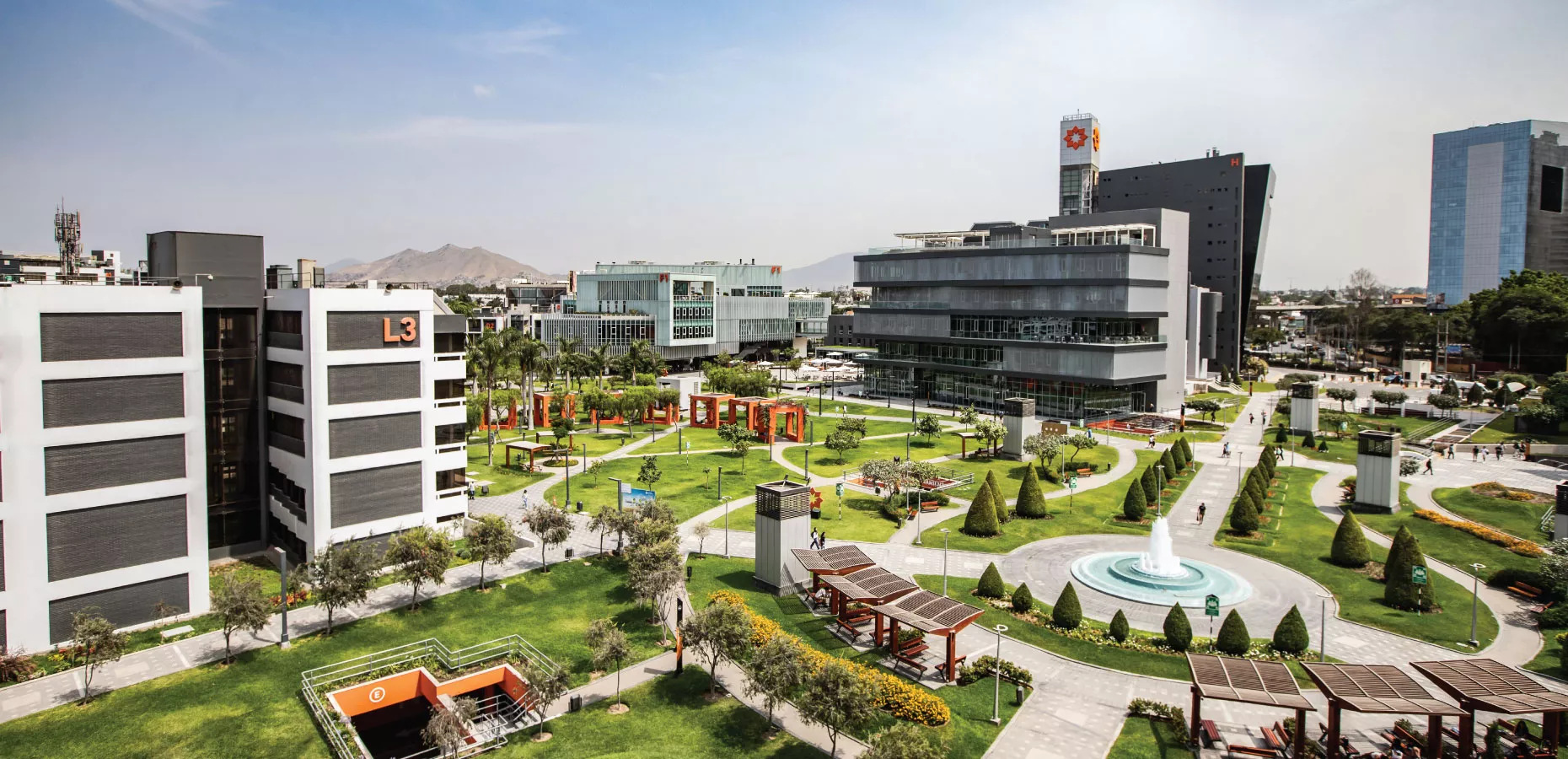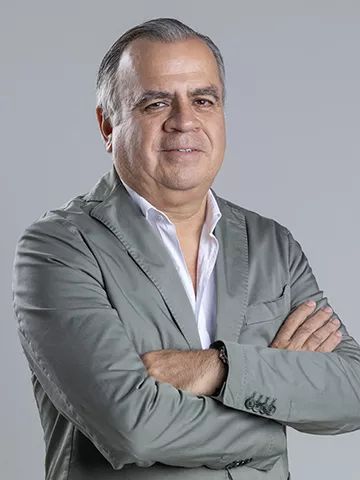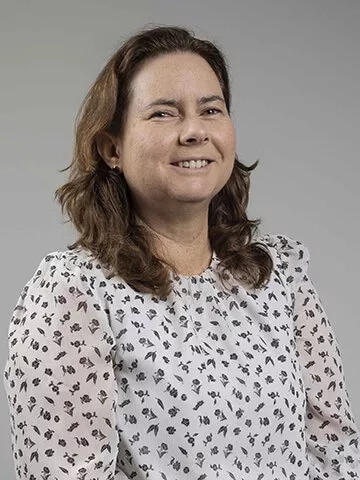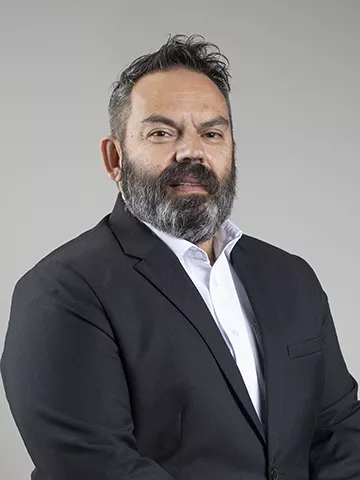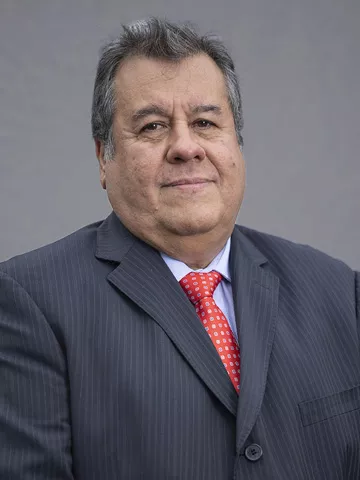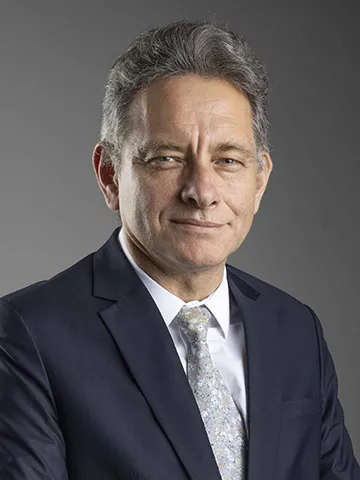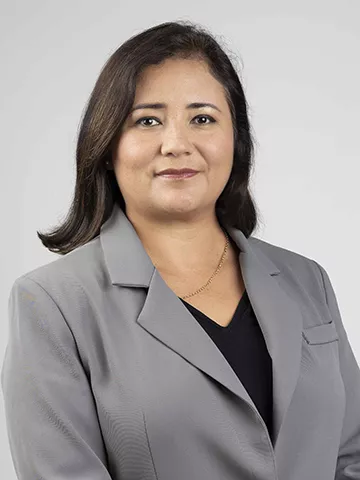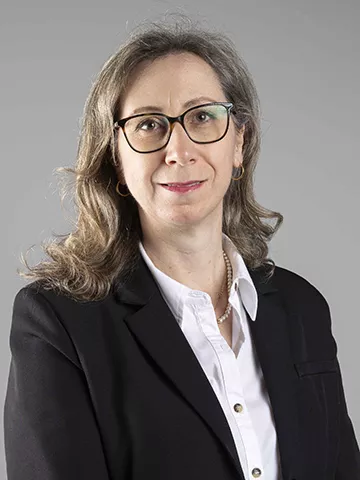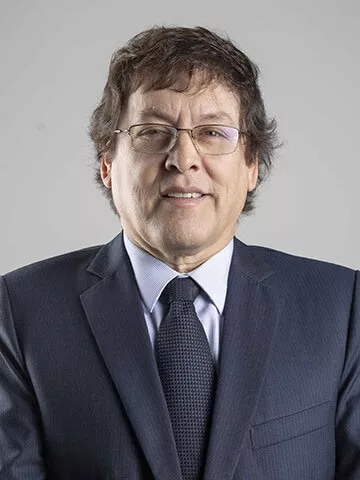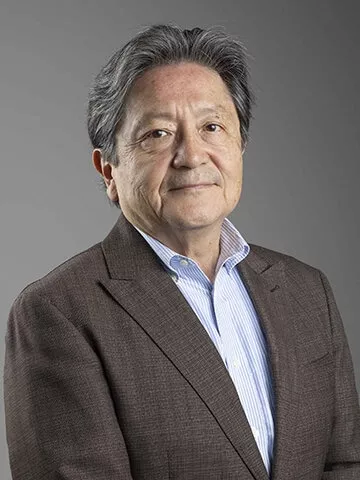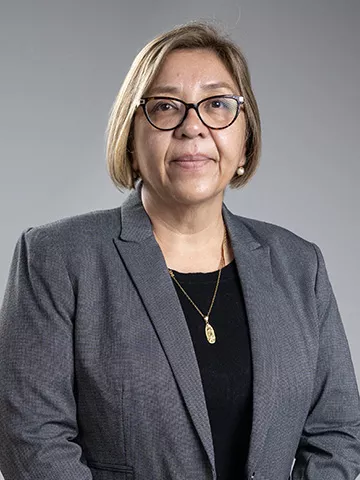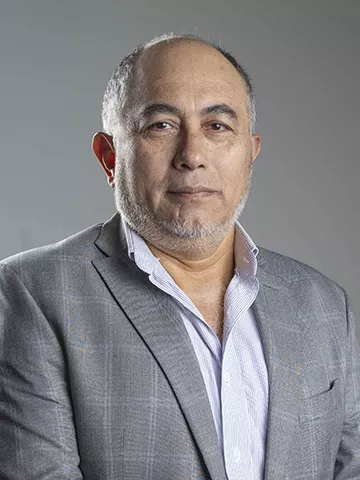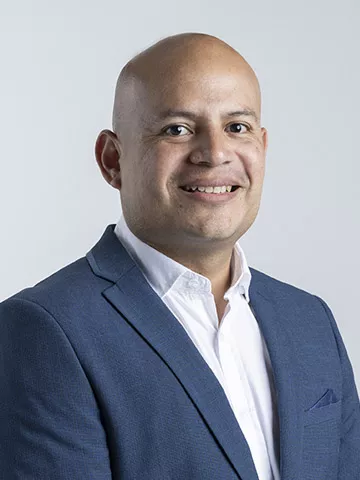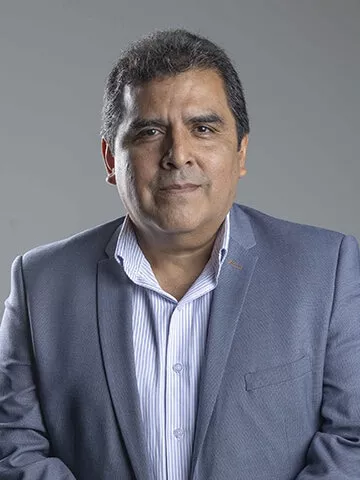The University
ABOUT
Universidad de Lima was founded on a philosophy centered on the pursuit of scientific truth and the development of highly skilled professionals with a humanistic culture and a commitment to continuous growth. One of our top priorities is to foster ethical values and democratic principles in our students.
The rapid pace of scientific and technological advancement poses an ongoing challenge to universities worldwide. Thus, we dedicate substantial resources to teaching and research—both supported by cutting-edge laboratories and equipment.
Our strong commitment to service drives us to shape leaders with a broad, strategic vision—professionals devoted to Peru's progress and eager to make a meaningful contribution to its development.
MEET ULIMA
MISSION, VISION AND VALUES
MISSION
We train ethical leaders who drive social progress and well-being.
VISION
To be the leading institution in Latin America for the comprehensive education of business-driven professionals, fostering research, innovation, and technology, and contributing to a sustainable world.
VALUES
- Freedom
- Integrity
- Respect
- Responsibility
- Solidarity
EDUCATIONAL MODEL
With over 50 years of academic excellence, Universidad de Lima continues to shape well-rounded professionals and exceptional human beings. Rooted in ongoing reflection and dialogue, its educational model reflects an unwavering commitment to knowledge, critical thinking, and lifelong learning.
CODE OF ETHICS
Leadership at Universidad de Lima aims to expand civic education to the largest number of people possible. Whether implicit or explicit, codes of ethics are the backbone of educational institutions to become real schools of citizenship rooted in an authentic republican spirit. As life-long learning schools, we teach how to think properly to live correctly, participate democratically, and comply with the law.
To read the Code of Ethics, click here.
SUSTAINABLE INSTITUTIONAL GOALS (SIG)
A: No poverty
B: Environmental protection
C: Respect for diversity, equity and non-discrimination
D: Partnerships for the goals
STRATEGIC PLAN 2025-2029
This report outlines the outcomes of the 2025–2029 Institutional Strategic Planning process for Universidad de Lima.
Our goal is to provide a clear strategic roadmap to guide the University's leadership and decision-making in the years ahead.
QUALITY POLICY
Universidad de Lima is committed to academic excellence, fulfillment of expectations from students, employees and relevant stakeholders, as well as compliance with the requirements of the Quality Management System. This quality policy is based on the following principles:
- Academic excellence: ensuring the education of well-rounded professionals, who are prepared to face challenges and expectations from the labor market.
- Faculty development: fostering a suitable environment that encourages faculty development, featuring excellence throughout the teaching-learning process.
- Research: providing a favorable environment to generate knowledge and know-how that propel groundbreaking and impact researches.
- National and international standards: meeting the highest quality standards and garner accreditations at institutional and program levels.
- Employability of graduates: ensuring that graduates have the required skillsets and knowledge to become highly employable and be able to create businesses, as well as to being committed to the welfare of society.
- International positioning: seeking further international recognition that allows the University to become one of best regionwide and across the globe.
Universidad de Lima prioritizes compliance with legal requirements, continuous improvement of its processes, and risks assessment. Furthermore, it shares, supports and revises the quality policy, on a regular basis, in order to maintain its relevance and effectiveness.
ENVIRONMENTAL MANAGEMENT POLICY
Universidad de Lima, based on its vision, mission and sustainability policy, is committed to environmental responsibility in all its processes, through the following actions:
- Raise awareness, educate and engage the university community in environmental protection, by encouraging good practices for the use of resources, improvement of waste management, energy savings, and prevention of pollution.
- Assess environmental impacts and risks in all institutional processes, framed in the environmental policy and objectives.
- Comply with legal and regulatory requirements in terms of environmental matters.
- Engage vendors, contractors and subcontractors in environmental management and protection on the campus.
- Periodically assess environmental performance to continuously improve the environmental management system.
SUSTAINABILITY POLICY
Universidad de Lima is a higher educational institution committed to educate well-rounded professionals to become creative leaders dedicated to the welfare of society.
Our actions seek to consolidate a sustainability culture that fosters social, environmental and economic development, in order to generate a profound transformation in the university community and regionwide.
Our philosophy of institutional life states the following:
- Contribute to the sustainable development based on the principles of the global sustainability agenda for the elaboration of our undergraduate, graduate and executive education plans and programs; research, innovation and entrepreneurship; as well as social, cultural and sport activities.
- Prepare and implement actions focused on mitigating the impacts of climate change, based on capacity building, knowledge creation, and partnerships with public-private institutions and CSOs.
- Develop and maintain a sustainable campus with environmental management practices focused on resources optimization, waste management, recycling and circular economy.
- Encourage values and attitudes oriented towards sustainability standards through the participation of the university community, vendors and other relevant stakeholders in sustainability activities and policies implemented by the University.
INTERNATIONAL ACCREDITATION & QUALITY
Universidad de Lima, true to its vision and quality policy, is focused on the continuous improvement of its processes keeping up international quality standards, as demonstrated by the revalidation of the IAC institutional accreditation.
OCCUPATIONAL HEALTH AND SAFETY
Universidad de Lima is a non-profit independent academic institution comprising professors, students, alumni, administrative and service staff, who constitute its human capital.
The University, as workplace, focuses its actions towards both prevention and protection of health and safety of employees and every person in its premises. To achieve this, the University fosters a culture of participation and consultation among employees and it is committed to the prevention of work risks, accidents, incidents and occupational diseases, as well as compliance with the current legislation and continuous improvement of occupational health and safety.
The Occupational Health and Safety Management System is supported by other University management systems and it is compatible with them all.
For further information, read Universidad de Lima’s Internal Occupational Health and Safety Regulations and the current legal regulations on health and safety at work.
More information
Guillermo Campos Hernández
Occupational Health and Safety Coordinator
Telephone 4376767 ext. 30705
Ulima emergency extension: 11
gcampos@ulima.edu.pe
Representatives of employees who comprise the Occupational Health and Safety Committee (February 18, 2025 – February 17, 2027)
Full members
- Juana Cecilia Baca Rodríguez
- Jorge Daniel Moreno De Vettori
- Zacarías Obregón Dionicio
- Franklin Blanco Manosalva
- Alberto Conga Huarcaya
Alternate members
- Luis Enrique Denegri Hereña
- Jorge Carlos Sanabria Villanueva
- Sandra Rosa Santa Cruz Pereda
- Yaritza Miyumi Mendoza Arizapana
- Silvana Daniela Segura Sánchez
Representatives were elected by vote on February 4, 2025.
Legal regulations
Law 29783: Occupational Health and Safety Act
Law 30222: Law that amends Law 29783
Supreme Decree 005: Regulations of Law 29783
Supreme Decree 006: Amendment to regulations of Law 29783
Ministerial Resolution 375: Ergonomics Regulations
ECONOMIC REGIME
Universidad de Lima carries its economic activities with non-profit purposes with a view to achieving its objectives. The University invests the surplus resulting at the end of the fiscal year in favor of the institution and in scholarships. Such surplus may not be distributed among its members or used by them, either directly or indirectly.
The economic resources of Universidad de Lima come from:
- Its own income, the lease of its properties and valuables, and the income resulting from the provision of services and the production of economic goods.
- Donations from individuals and legal persons (to read the resolution, click here).
- Funds resulting from the disposal of its assets.
- State’s contributions, whenever they occur.
- Funds resulting from national or international cooperation.
The economic activity of the University is governed by the pertinent regulations.
The Office of Internal Audit has access to all the documents required for the accomplishment of its work. Any and all academic and administrative units of Universidad de Lima must provide the relevant assistance for the performance of its duties. The Office of Internal Audit reports simultaneously to the rector and the Board of Trustees on the results of its work.
The financial statements for each fiscal year are reviewed and evaluated by an external renowned auditing company that is selected through a bidding process. Under no circumstance will the external auditing company review and evaluate financial statements for more than two consecutive fiscal years.
For each fiscal year, Universidad de Lima has an income and expense budget, duly balanced, which is approved by the Board of Trustees. The Annual Functioning and Development Plan, approved by the Board of Trustees and endorsed by the University Assembly, is consistent with such budget.
UNIVERSITY SOCIAL RESPONSIBILITY POLICY
At Universidad Lima, we are committed to shaping well-rounded professionals and building a fairer, more sustainable future. We believe every member of our Ulima community plays a vital role in advancing equality, democracy, diversity, and environmental stewardship. This policy fosters a culture of social, environmental, and economic responsibility—driving impactful change in line with the Sustainable Development Goals (SDGs).
HISTORY
During 1960 and 1961, a group of bold academic and business leaders united under the Prodies Civil Association (Promotion of Industrial Development through Higher Education) with a share vision: to found a university that would drive progress through top-tier education.
HISTORICAL OVERVIEW
1962: FOUNDATION
1966: INAUGURATION OF MONTERRICO CAMPUS
1966-PRESENT

LEADERSHIP
RECTORATE
SCHOOLS
GENERAL STUDIES PROGRAM
GRADUATE SCHOOL
DIRECTORS
REGISTRAR’S OFFICE
ADVISORY COUNCIL
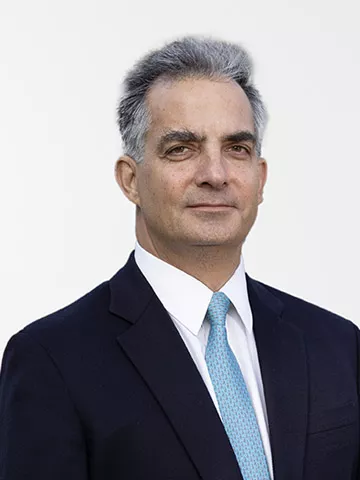
Lionel Derteano
President of the Board of Directors at Banco Pichincha. Member of Asbanc Board of Directors. General Manager of Grupo Empresarial Derteano & Stucker.
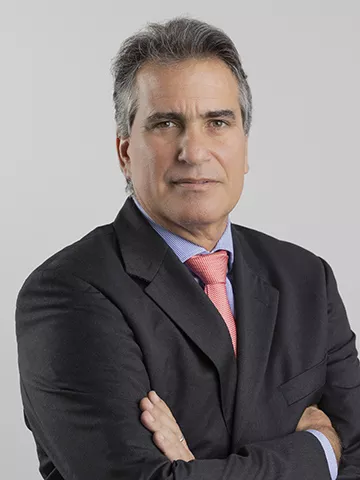
Fernando Alegre
Director, Advisor, and CFO with proven international corporate experience in leading business groups.

Rosa María Flores-Araoz
CEO at Kallpa Generación. Member of the Board of Directors of the National Society of Mining, Oil and Energy (SNMPE); AmCham; Afin and Confiep.
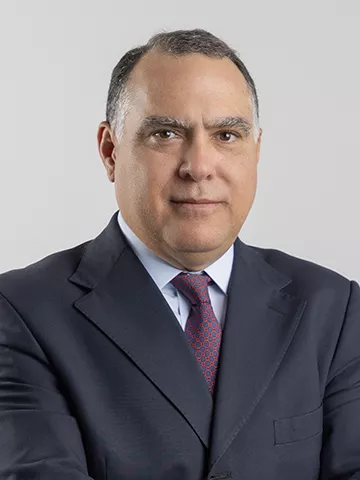
Diego Peschiera
Lawyer from Universidad de Lima and Master of Laws in Comparative Law from The New York University School of Law (United States)

Ana Romero
CEO at The Professional Branding Agency in LinkedIn. Corporate mentor at Escuela Imparables Telemundo. International Speaker and Organizer of TEDxLima talks. Ambassador of Fundación Peruana de Cáncer.
RULES AND REGULATIONS
Universidad de Lima is an independent institution aimed at providing higher education, fostering research and outreaching the community. Its endeavors focus on contributing towards the national development.
Admission Regulations
Entrance to Universidad de Lima to pursue undergraduate and graduate studies is made through an admission process.
General Student Regulations
A student at the Universidad de Lima is a person who complies with the requirements set forth in the Admissions Regulations, has been duly enrolled as a student, and pursues studies in accordance with these regulations.
Academic Degrees and Professional Titles General Regulations
Universidad de Lima grants, through its Board of Trustees, bachelor’s, master’s and doctoral degrees. The University also grants, on behalf of the Nation, the professional titles or its equivalent according to each program, as well as second academic degrees.
Economic Regulations for Students
It has information about fees, refund, and exemption of rights for undergraduate programs.
Regulations on the use of access services to Internet, email, digital information resources and information security
Universidad de Lima provides access to Internet and related services for academic and institutional purposes set forth in these regulations.
Institutional Strategic Plan
Click here.
Parking lot rules
Click here.
Study Circles Regulations
Study circles of Universidad de Lima are groups of undergraduate students that, with a professor’s advice, focus on study and research of one or more disciplines. These regulations govern the creation, operation, activities, responsibilities and benefits of study circles, hereinafter refer as UL Circles.
To read the regulations, click here.
University Ombudsman Regulations
Click here.
RESPONDE ULIMA
The Sustainability Center (Responde Ulima) manages strategic projects that contribute to the fight against poverty, caring for the planet and respect for diversity.
NEWS
AGENDA
We have no upcoming events for this area.
